This past week, I had the great good fortune to be part of the TLA. Meeting librarians (some of my favorite people), other authors whom I admire, and fans aside, I also got to sit on a sf/fantasy panel with some fabulous writers, all of whom give me the green envies: like . . . why didn’t I think of that? (And, crap, they dress well.) In hindsight, there were also several questions where, after I’d heard a response, I thought, <DOH!> I wish I’d said . . . x, y, z.
One question, though–really, two questions bundled into one–got me to thinking. Specifically, how much does a dystopian or apocalyptic scenario reflect the writer’s personal vision, and why is it that adolescents seem to groove on these books so much? I’m perfectly happy with the answers I gave–which, yeah, I’ll partially recap here but have written quite a bit about in other venues–but I was struck by how different my personal vision is/was from my fellow panelists.
Look, here’s the skinny on the personal vision stuff: the reality is that if a book didn’t reflect a fairly substantial chunk of what a writer believes, the book wouldn’t work. Period. You just can’t fake this stuff. You have to truly believe what you’re writing; the book must reflect your personal vision, regardless of genre or circumstance. Readers can spot a faker a mile off. So if you don’t invest your narrative with every drop of conviction, you might as well hang it up.
What I found pretty interesting was that of my fellow panelists, I seemed to be the only pessimist in the bunch. (Maybe the others were lying; beats me.) Now this might be what comes of being a Freudian or from personal history . . . probably there’s some truth to that . . . but it was striking and, honestly, a little troubling, mainly because I think that if anyone has paid any attention to history, you realize that people are really a) quite savage, b) selfish, and c) not all that nice when the chips are down. I mean, God, turn on the news; go read about how many elephants were slaughtered last year just for their tusks, if you don’t believe me, or which species is teetering on the brink of extinction this week.
Now, it’s also true that people like reading stories (and seeing movies) where things work out, or there’s some semblance of hope. No one likes an eternal downer as entertainment (which, you have to remember, is what we writers are doing: providing entertainment). It’s the reason I like going to the occasional chick-flick; I couldn’t live on the stuff, but I do love that little break and a good cry. It is just as true that teens love dystopias and apocalyptic books because they provide a vicarious avenue for grappling with seemingly insurmountable odds–and winning. Surviving. And not only winning or surviving: doing the right and noble thing.
I recognize this; I truly believe that there are a few good and noble people. But I guess I’m still quite pessimistic, and most especially about the idea that, no matter how bad things might get here on Earth, we humans will adapt, somehow.
Now, the reason I find that a little disconcerting is that while it might be correct–and I think the jury’s still out on that; there are plenty of civilizations that have come and gone before us, and species, too–it reflects a vision of the Earth as something that matters only to humans. It is an anthrocentric point of view. Sure, okay: maybe we’ll adapt and discover new tech and wander around breathing with special filters and living under domes, but I don’t think anyone would much enjoy the world as, say, imagined by Phillip K. Dick, or one where the only forests exist on space ships (as in 1972’s Silent Running). It is, in fact, a view that ignores the reality that while we might adapt–and that’s a big might because if we don’t curb population growth and stop outstripping the carrying capacity of the planet, we will drain our aquifers, period, and there are huge regions of the planet without enough water right this very second–this isn’t only about us, about people. It’s about all the organisms with which we share this planet: living beings that will not adapt because the changes are too rapid and the alternatives, too few. They will die, as they are dying now; as we destroy and decimate their habitats, species will continue to vanish at an alarming rate, as they are vanishing now. That is reality.
Let me give you a disheartening example of just this kind of antrocentric thinking: if you’ve been following me on Twitter or Facebook, then you know that I’ve been watching a mother fox and her litter of five kits for the past couple of weeks. The mom just happened to make her den under a neighbor’s deck, and watching this little family was so special I can’t tell you. It was a true gift and opportunity not many people have, and I know that several neighbors felt the same way. Yeah, fine, so my cats couldn’t go out; BFD. A couple neighbors even thought that, cool, the rabbits won’t eat their lettuce.
Unfortunately, the guy whose deck it was . . . he was pissed. And, no, before you ask: no chickens, no pets, no kids. In fact, the guy and his wife are rarely home. The foxes weren’t in his house. They were under the bloody deck. The mom chased my cats twice (the first indication I had that she was around), but that was it, and she really only barked at them. (Winslow, that stinker, was much more interested in being friends, I think.) When I wandered outside, that mom just sat down and we had a good long look at each other, and we did that several times. She watched me every morning at the bird feeder; our coversation was a bit one-sided, but she was polite about it. She brought some of the kits over to our yard to hang out. It was lovely.
Anyway, the neighbor guy wanted to get rid of the fox and her kits. I have to say that I was floored; we live in a rural area; the woods are literally across the street and all around; there are coyotes and raccoons and opossums and foxes and deer and . . . you get the picture. So this guy called the DNR (they wisely said forget it); called a pest control guy (ditto). Then he decided, fine, he’d scare the hell out of the animals: blasted rock music all day and put on big bright spots at night.
And, yes, before you ask: I went over to talk to him. Nicely. Just to feel him out. His primary thing was it was his land, his property, and he wanted those animals gone.
So . . . sad to say, he succeeded. The foxes cleared out. I spotted mom a couple times after I got back from Texas, but only one kit, curled up next to the shed maybe thirty feet from my back door. Sweetest little guy. He was there last night but gone this morning, and my guess is mom-fox told him to stay put until she got back, and then they went off together. (I’ve found out from a wildlife rehab person that this kind of thing–planting the kids and telling them to wait here–frequently happens.)
But when you have a reality like that–this sense of entitlement that man has about what is his versus what he shares–it’s hard not to get, well, a little discouraged. To be a little über-sensitive when you hear that we humans will “adapt.” Yes, perhaps: but at what price?
Someone once asked if I didn’t think my fiction was too “graphic,” the violence too “real” for kids. Uhm . . . well . . . no, I don’t. Nothing I include is gratuitous. Everything I write, and this pertains to the violence, too, is no more graphic than a video game, a graphic novel, or the latest episode of The Walking Dead. When I include a traumatic or horrible detail, it is to reinforce that, yes, actions have consequences. Pull a trigger, someone may die, and it may be, in fact, a horrible thing to see. It may, in fact, be more horrible to do.
But I do not believe that a writer has a duty to teach moral lessons or find “truth,” because truth depends on who you are and what you believe, and we all have parents. Sorry: I’m a writer; I’m an entertainer; it’s not in my job description. Yet, at times, I do struggle with balancing out the reality that I see and know with the hope that, maybe, something will change. Perhaps this is why I focus so much in my fiction on both the bad choices people make and their repercussions: because I do want kids (and adults) to stop a moment and consider before they act. I especially want kids to understand that nearly every action has a consequence; every decision an effect; that we truly are connected to one another and this Earth, for better or worse, and you are not necessarily more important than anyone or anything else. In the end, I want them to see: really, this isn’t all about you.
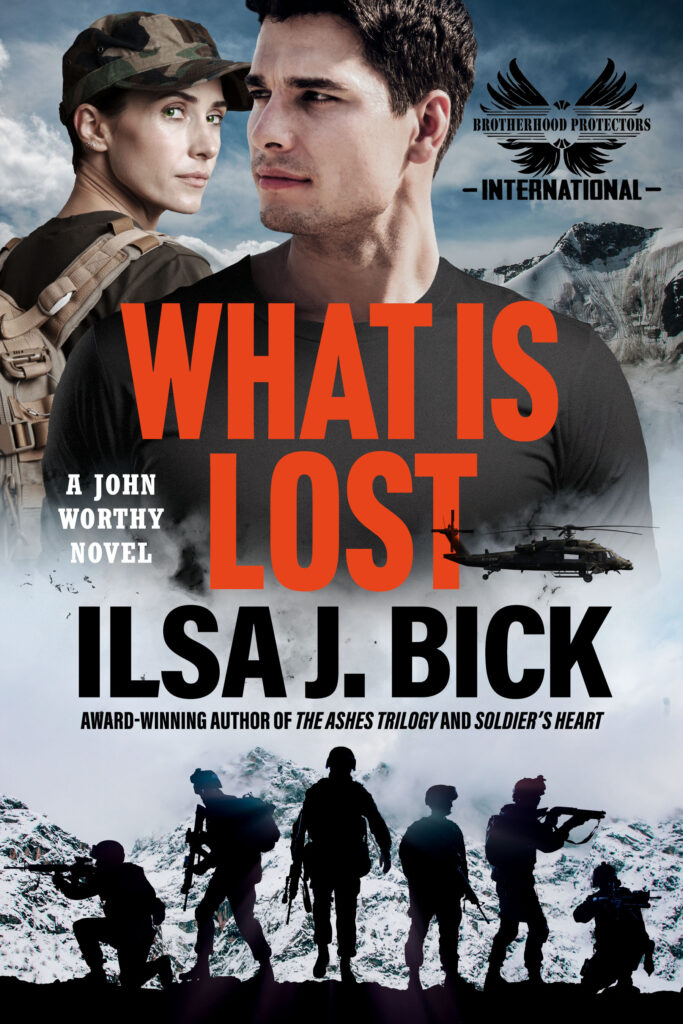
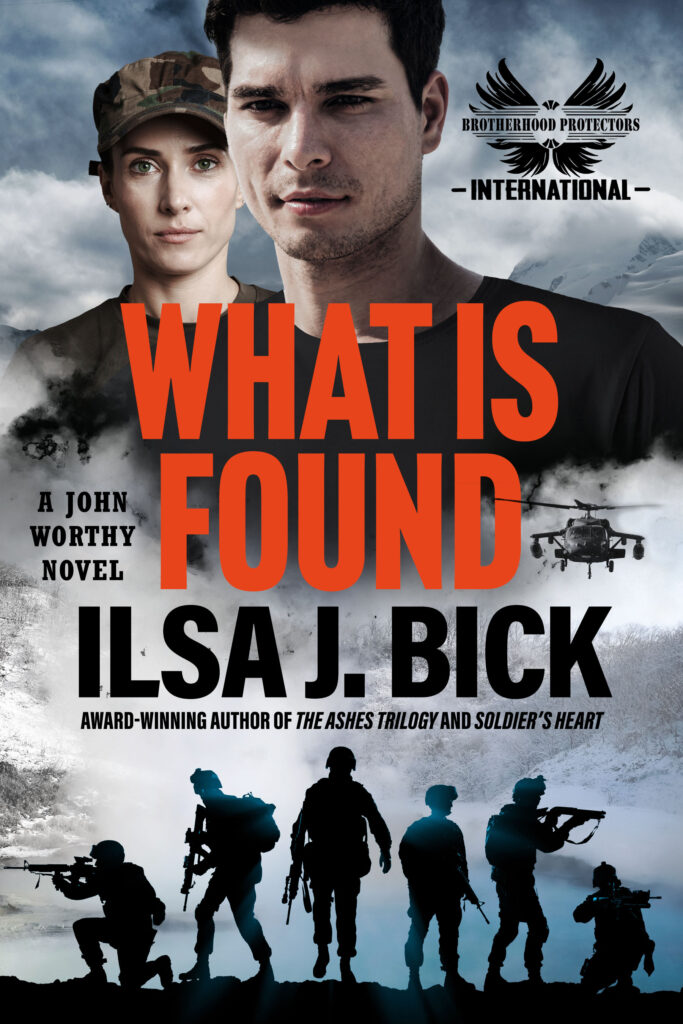
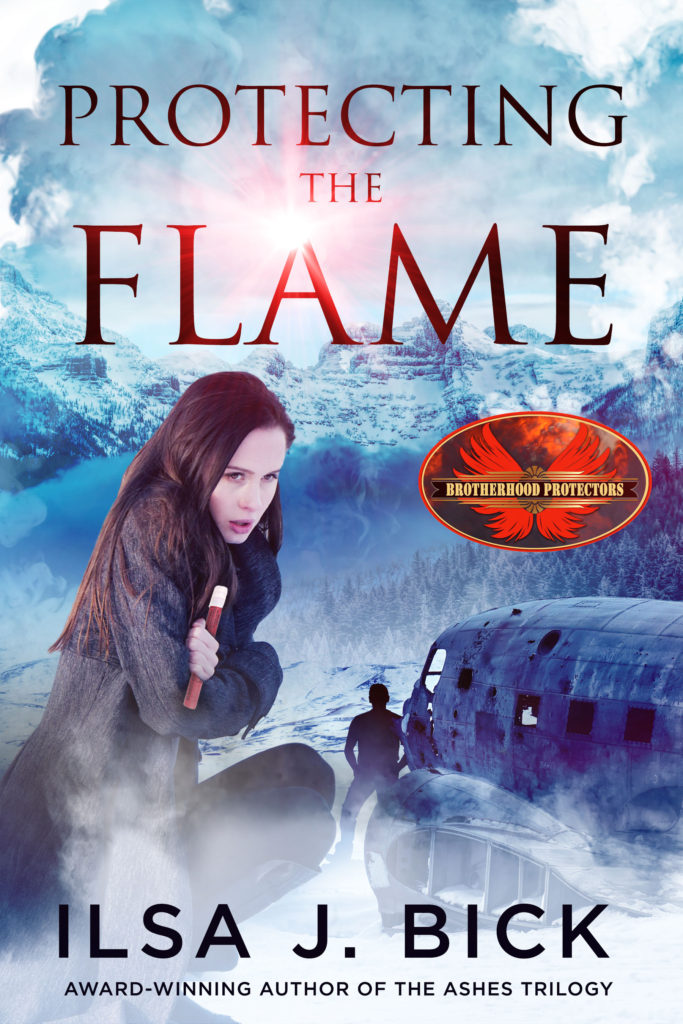
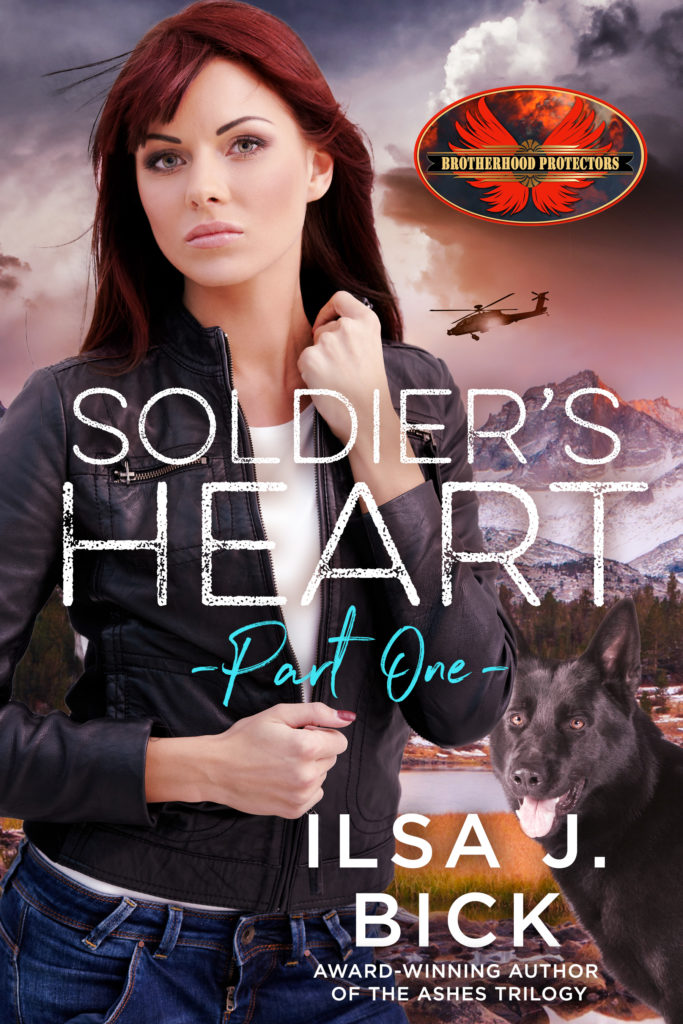
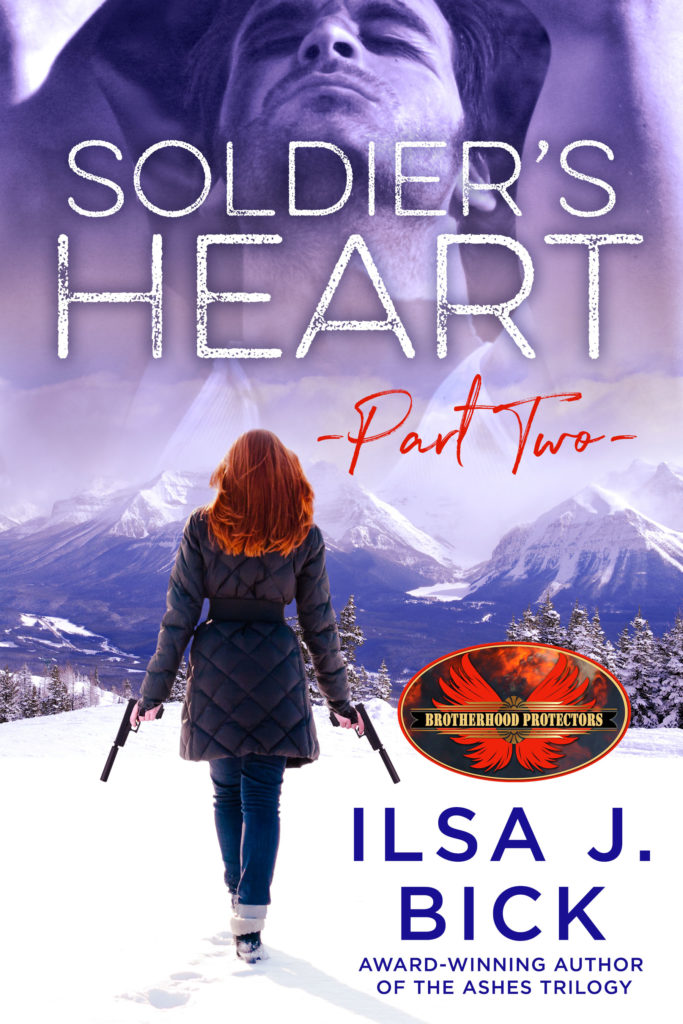
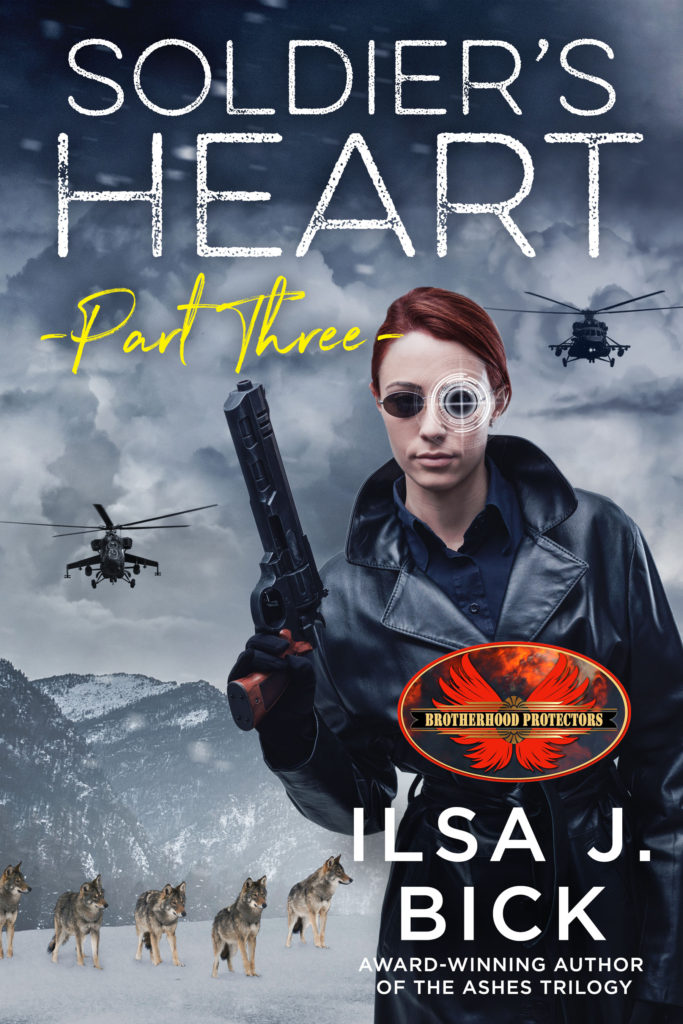
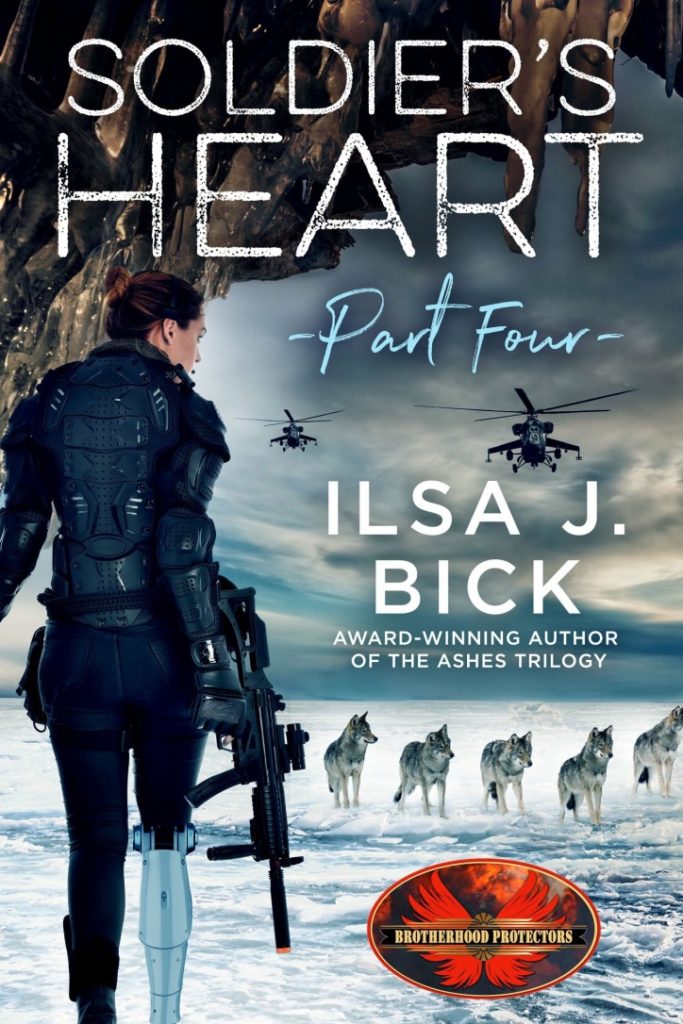
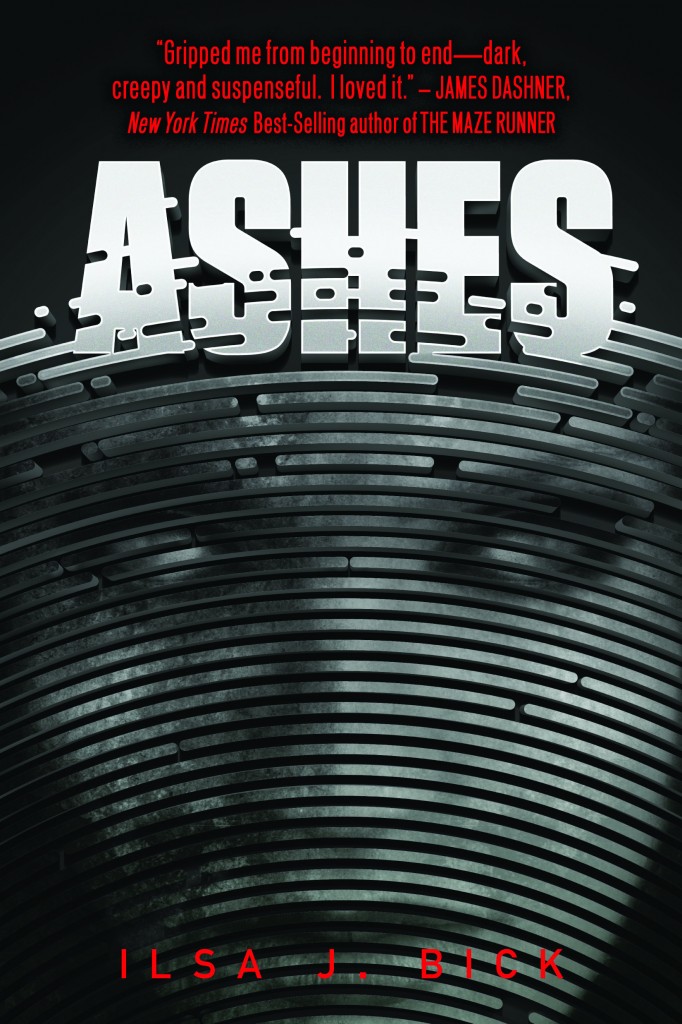
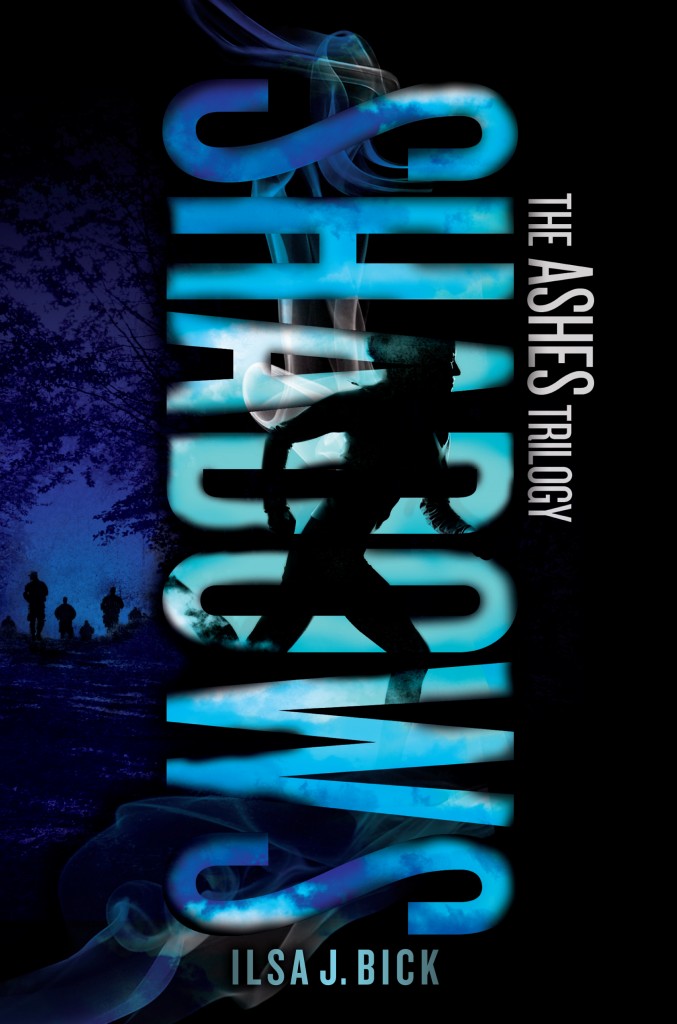
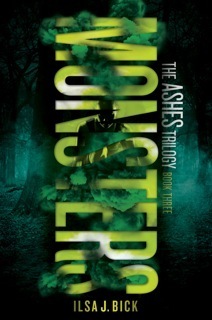
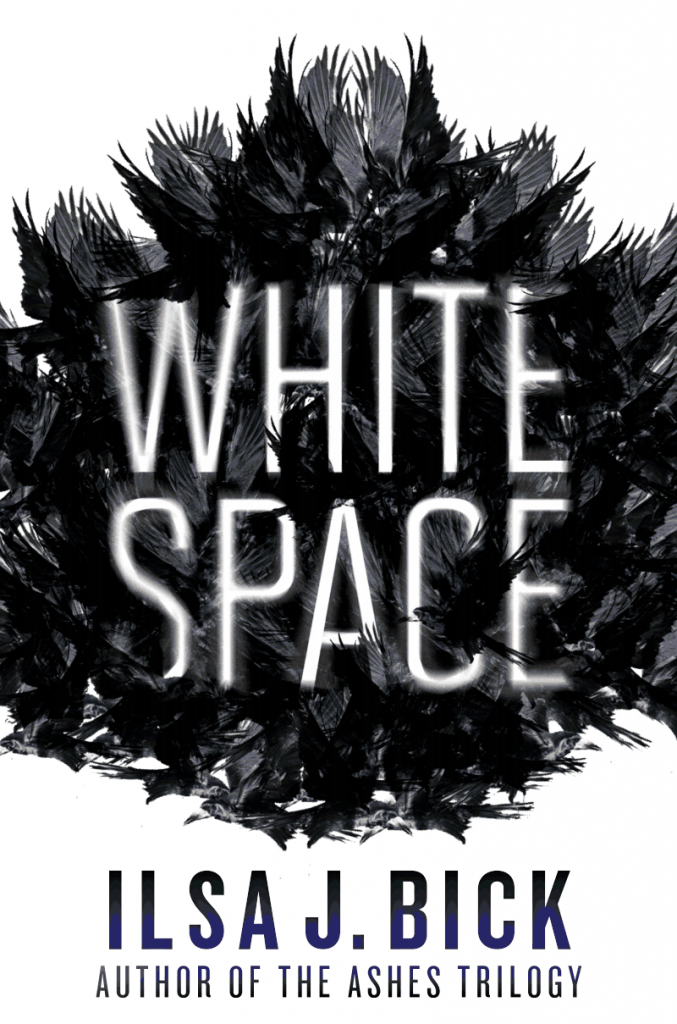
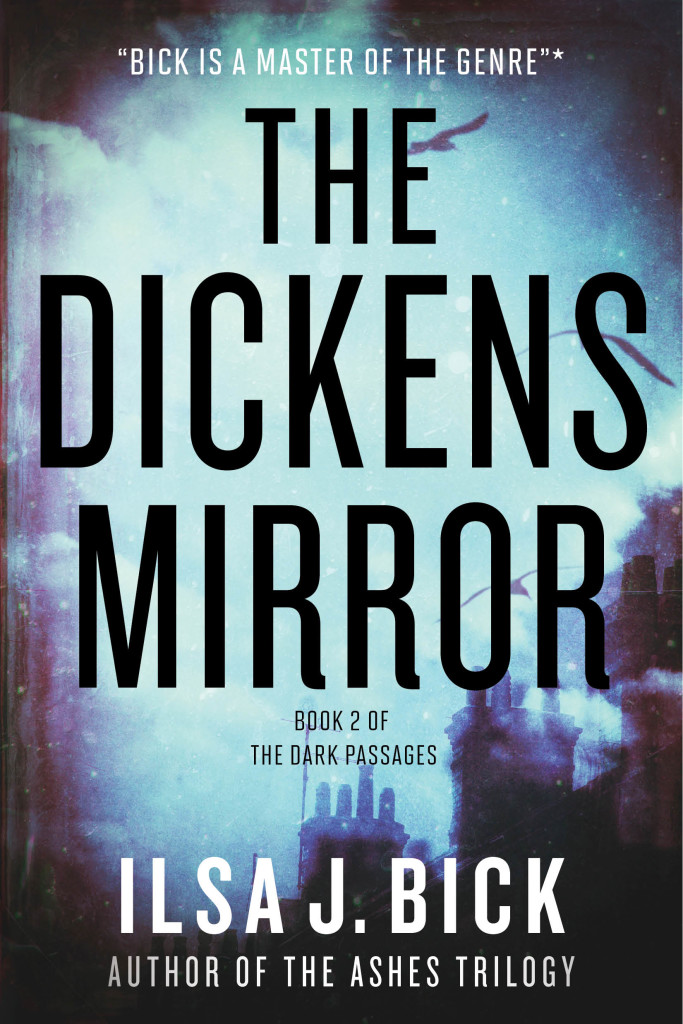
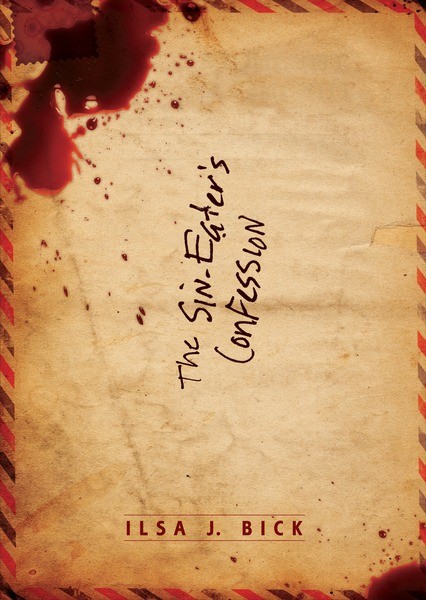
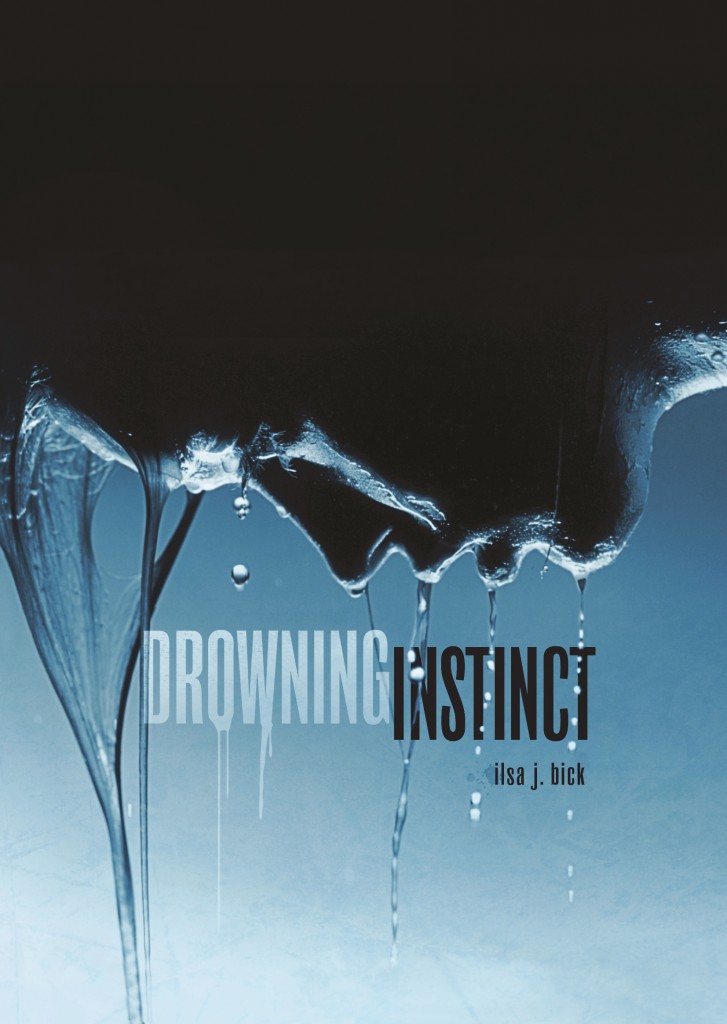
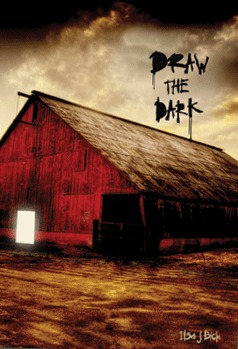
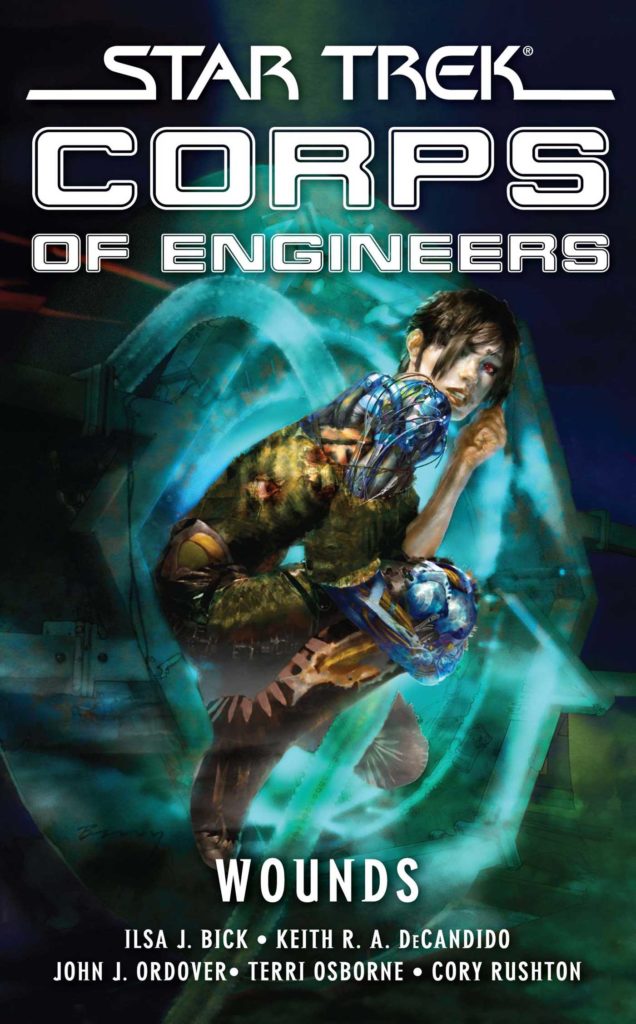


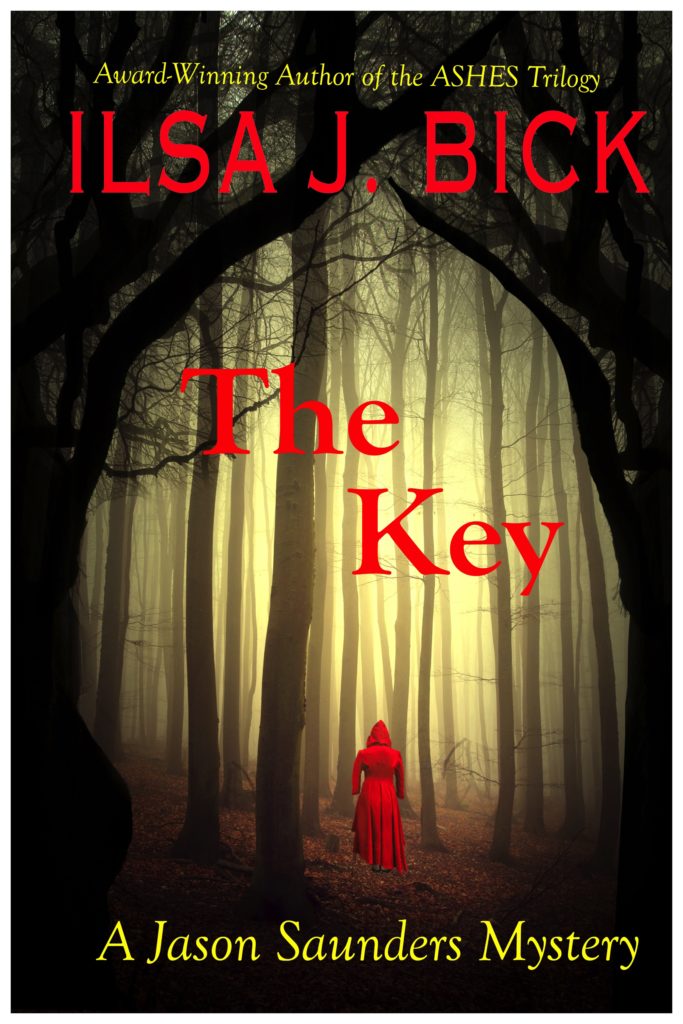
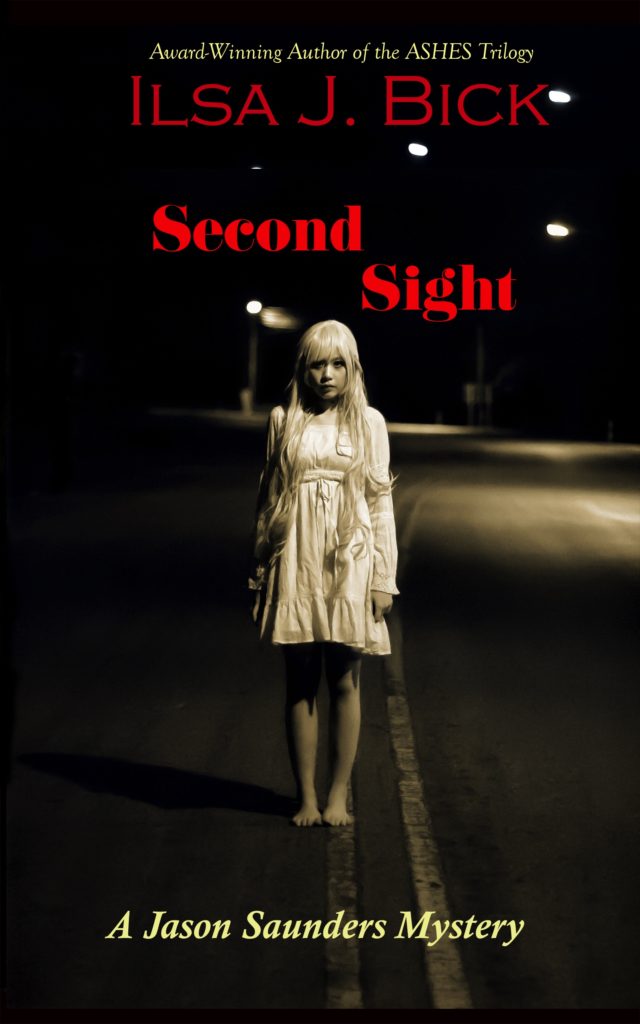
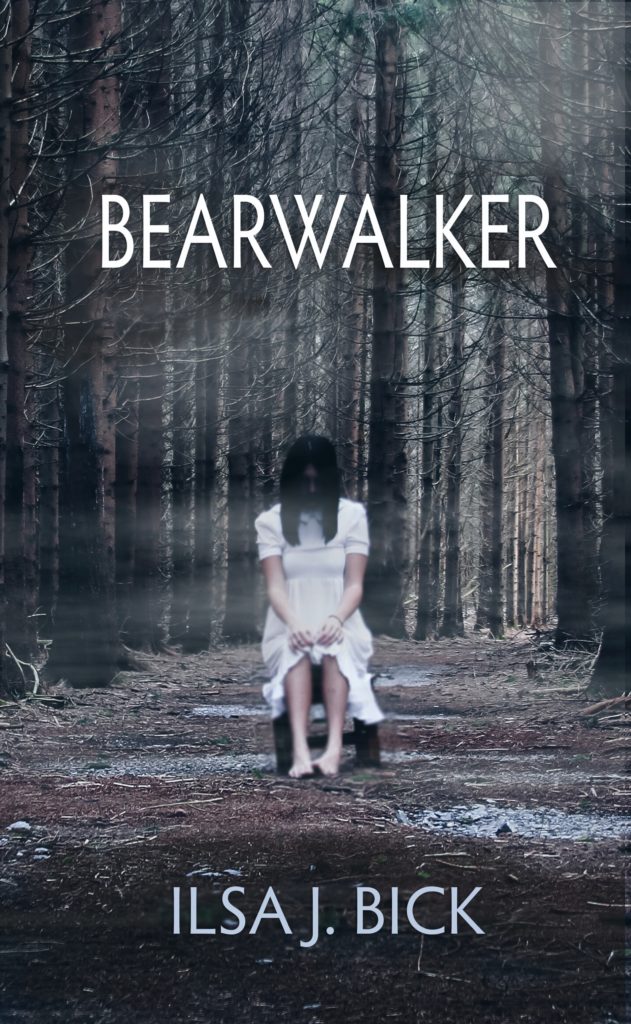
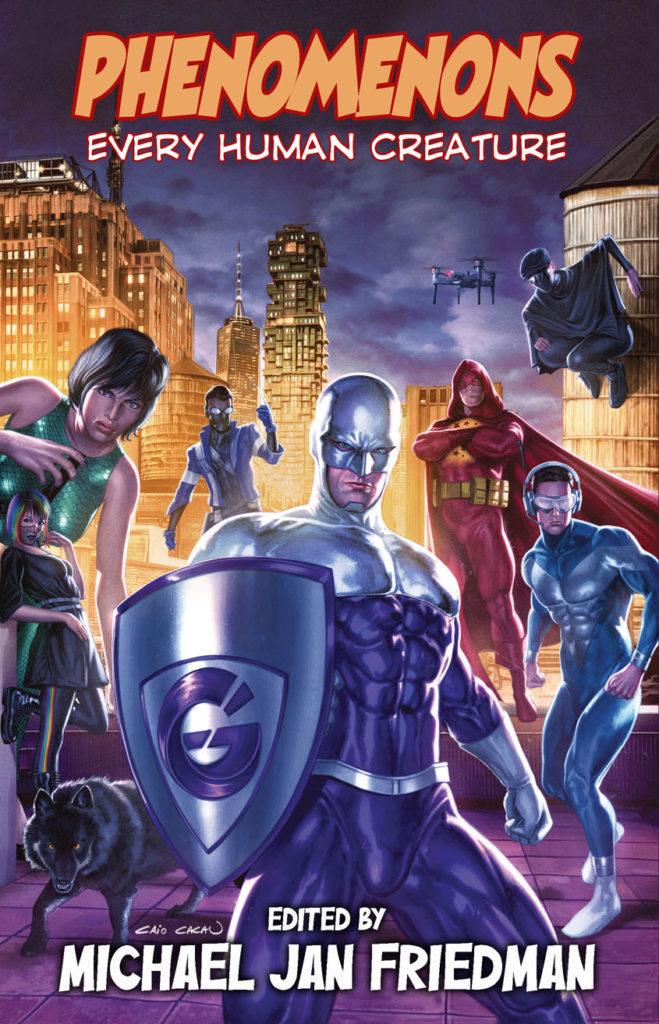
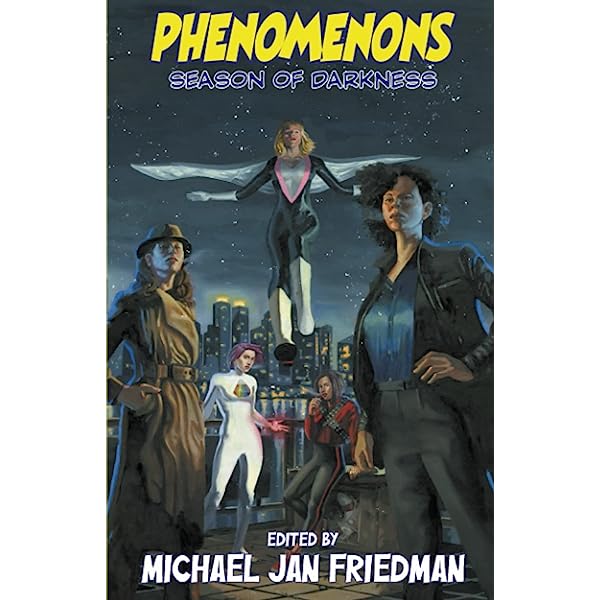

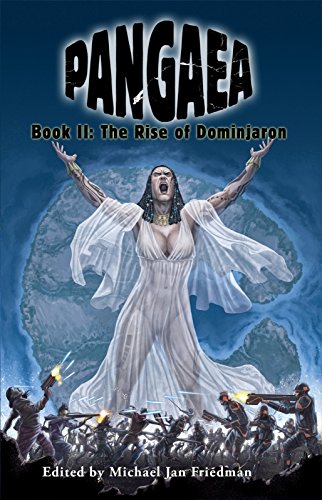
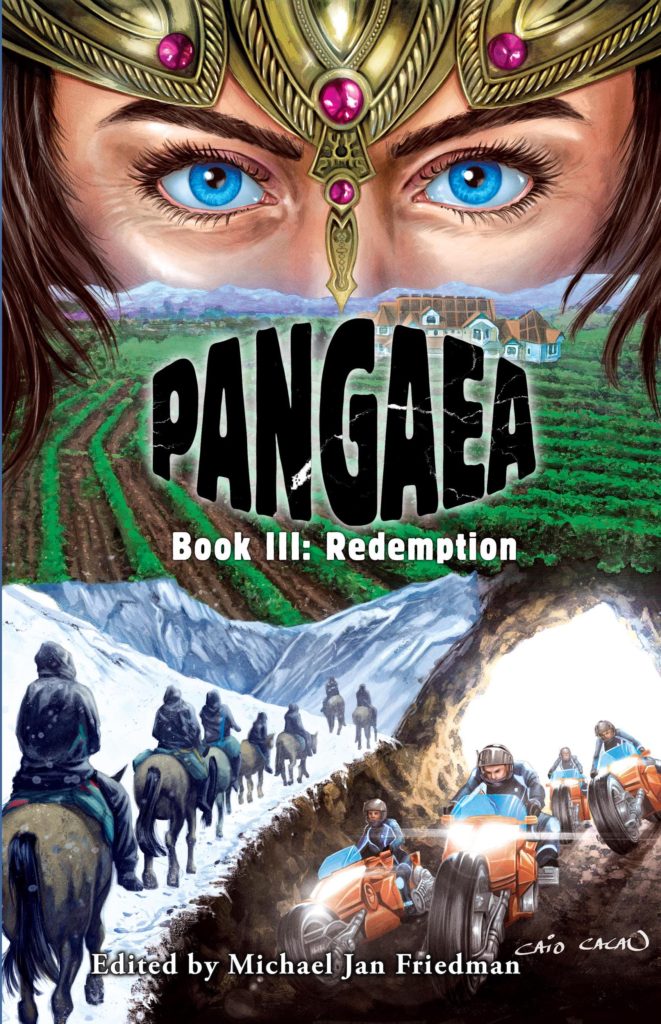
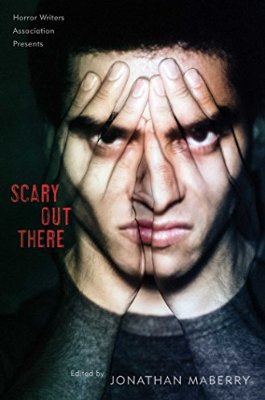
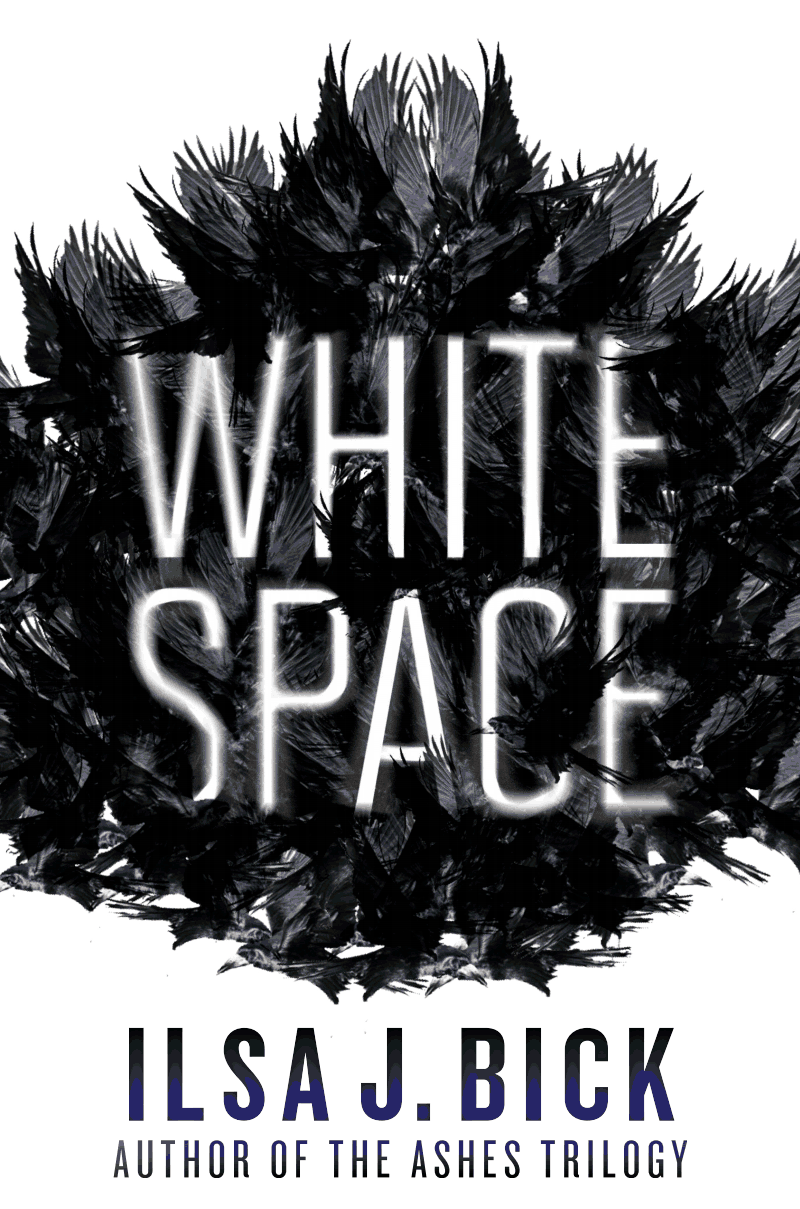
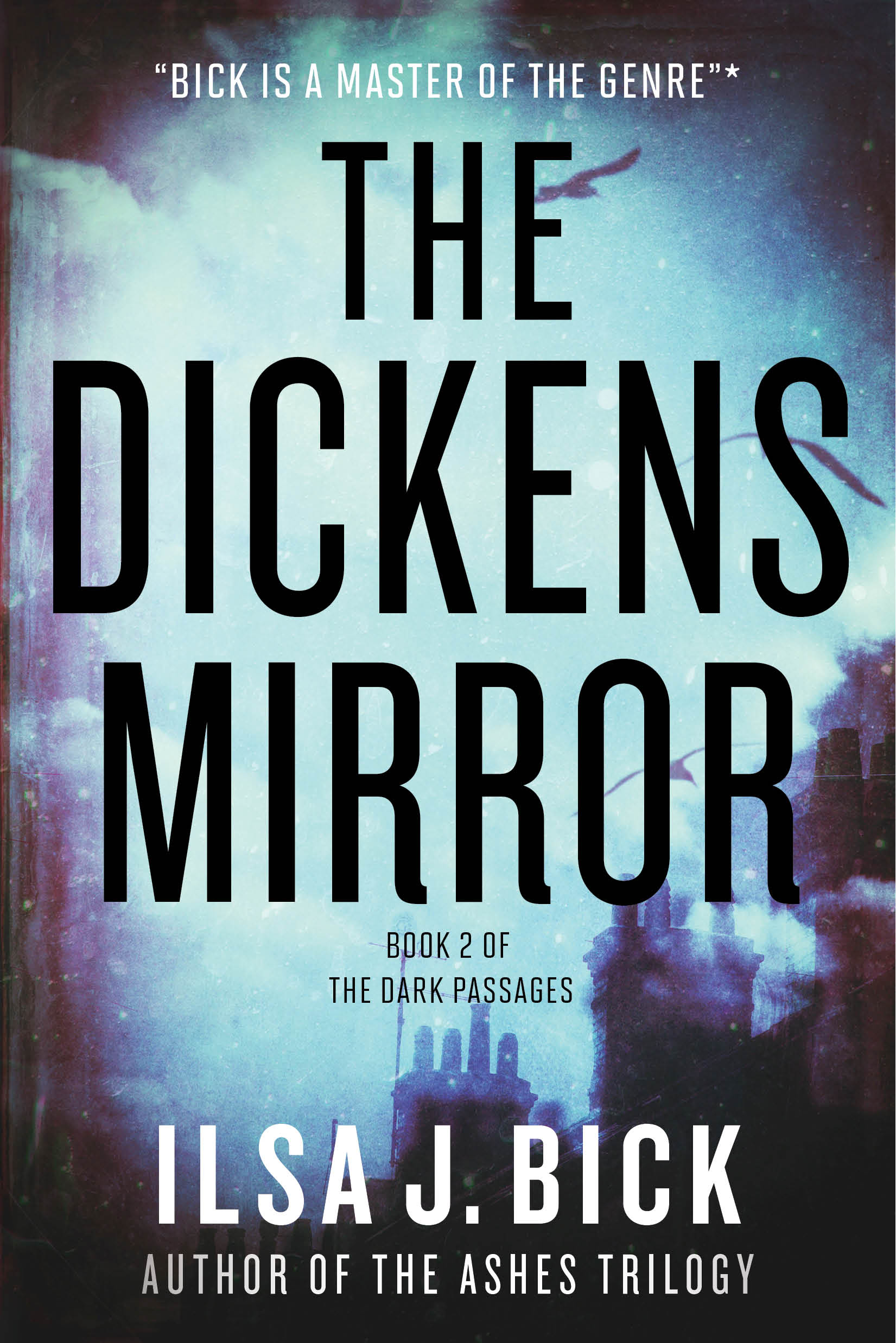
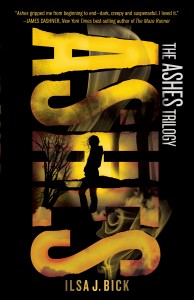
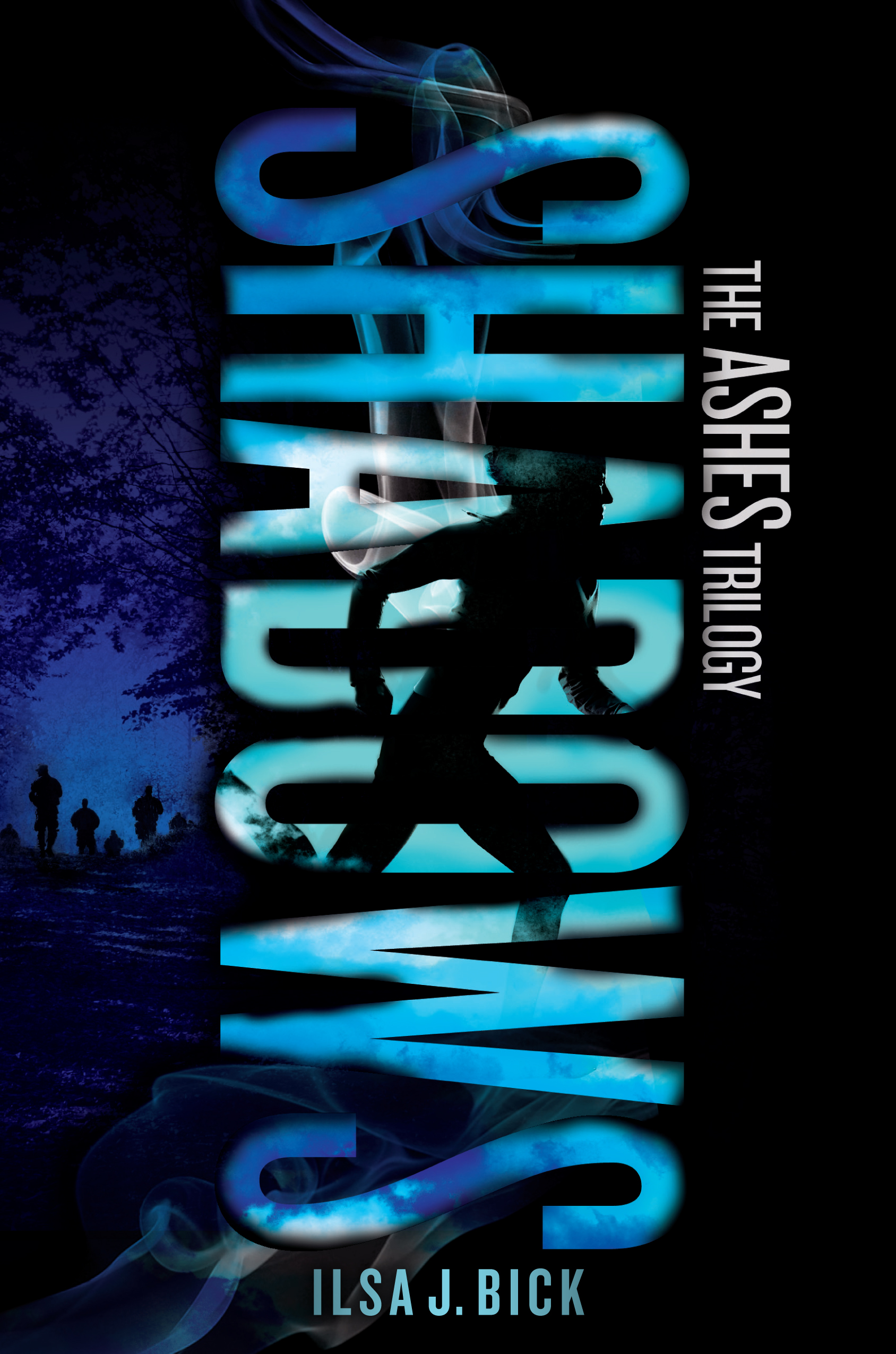
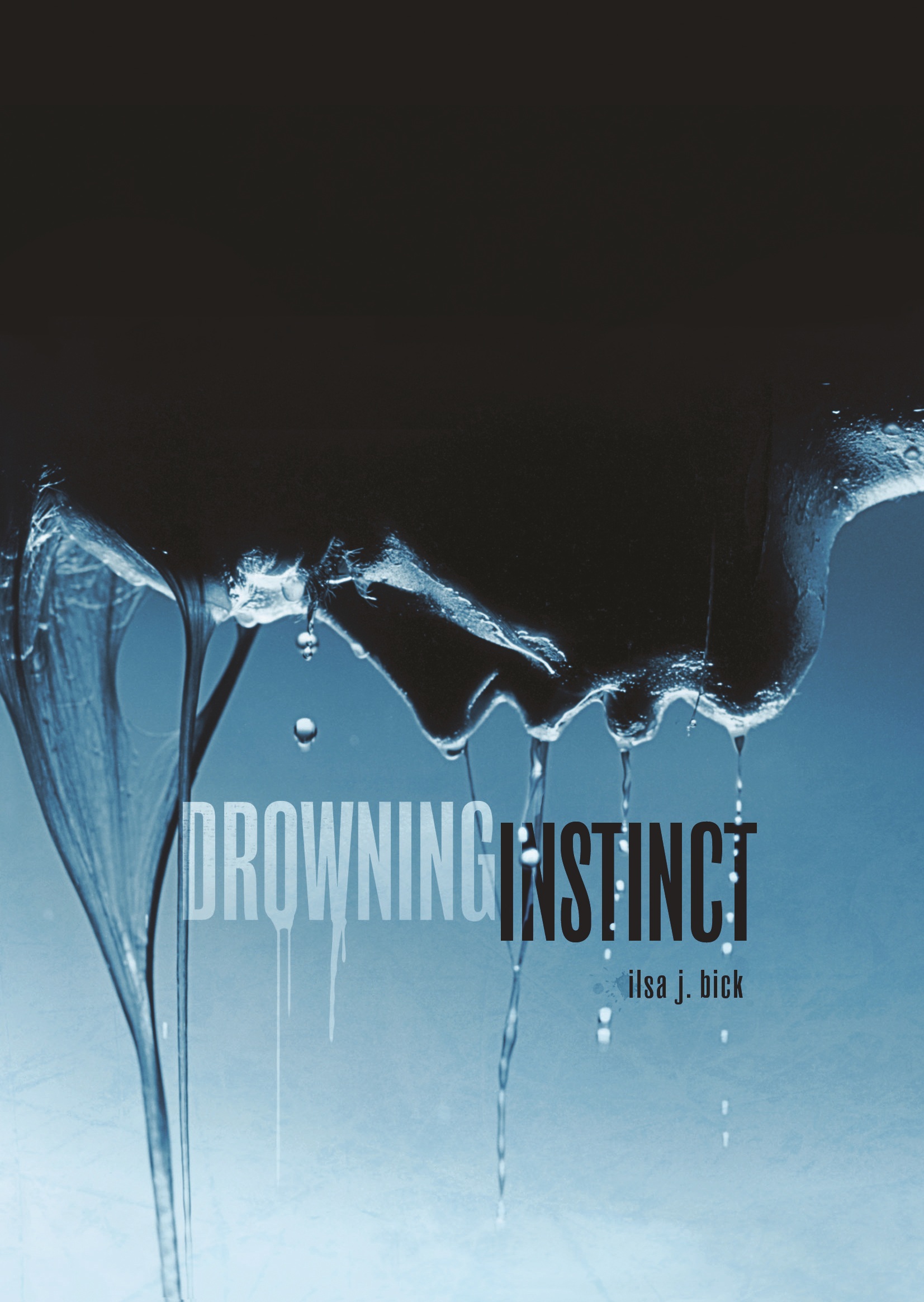
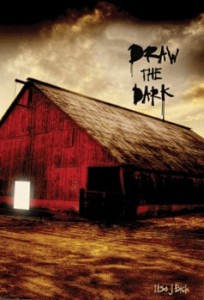
Great post. And it’s because you are not afraid to show the darkness in people and the consequences of our actions that I love Ashes & Shadows so much. So much dystopian and post apocalyptic YA books feel unrealistic to me, because the author decided to avoid the darker aspects of humankind.
Thanks, Sullivan. I try 🙂
Hello Ilsa,
I have a question. Ashes is supposed to be a Trilogy, right?
Because on the German Amazon website there are two more books, which will come out on August and September.
http://www.amazon.de/Ashes-Ruhelose-Ilsa-J-Bick/dp/3863960076/ref=pd_sim_b_11
http://www.amazon.de/Ashes-Pechschwarzer-Ilsa-J-Bick/dp/3863960637/ref=pd_sim_b_10
I’m a little bit confused because of that. Will there be three or four books?
Greetings from Germany,
Julia
Hey, Julia: Yes, you’re quite right. ASHES is a trilogy, but because MONSTERS is . . .well . . . a monster of a book (I mean, we’re talking epic finish here), Egmont NK has elected to break it into two. Part I of Book Three will release in August; Part II will follow the very next month.
Your question is an excellent one, though. I’ll nudge the editor at Egmont NK to perhaps make this more explicit? I do know that they’re planning and gearing up for the release now because I’ve been in touch with them about the launch. I do believe they’re going to start coming out with stuff in July or thereabouts, perhaps sooner.
I do hope you enjoy 🙂